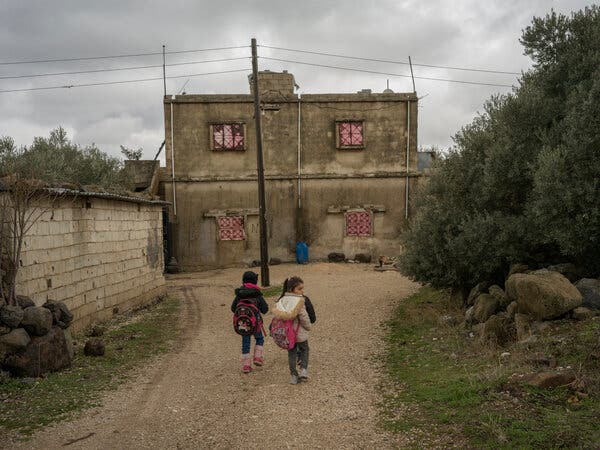
French Minister of Justice Éric Dupond-Moretti addressed the senate’s women’s rights delegation on Thursday (1 February) taking the opportunity to clarify France’s refusal to include rape in an EU directive.
Read the original French article here.
For several months now, France has been heavily criticised for its position on the European directive to fight violence against women, presented by the Commission in March 2022.
Like Germany, the Netherlands, Hungary and Poland, France is opposed to Article 5, which seeks to enshrine rape in the future European law.
“This is a debate about EU competences”, said Dupond-Moretti at his hearing in the Senate, regretting that some had “exploited” the issue by calling France “backwards-looking”.
If rape were included in the directive, the EU would become legally competent to deal with such cases as it would be considered a ‘Eurocrime’ along with sexual exploitation and corruption.
“At this stage of the negotiations, it is vital not to take any risks with a text that could be cancelled by the Court of Justice of the European Union (CJEU)”, added Dupond-Moretti.
If rape is included in the future directive, countries such as Hungary could use it to have the entire text cancelled before the CJEU because the EU does not have jurisdiction.
However, according to the minister, “the European text contains major advances that must not be undermined. Women need protection from the law”.
In addition to rape, the directive covers a broad spectrum of sexual and gender-based violence, including forced marriages, sexist cyber-stalking and genital mutilation.

France, Germany, Netherlands side with conservative EU countries in split over rape definition
Feminist NGOs have criticised France, Germany and the Netherlands for blocking the inclusion of consent-based definition of rape in the EU’s directive to combat violence against women as December’s negotiations on the law once again stalled.
To include – or not to include – consent
The issue of jurisdiction is not the only tension surrounding Article 5.
The criminal definition of rape proposed by the Commission includes the notion of consent, which France is also opposed to.
“Is it the role of criminal law to define the consent of a victim instead of focusing on defining the responsibility of the criminal?” Dupond-Moretti told the senators.
In France, rape is defined as a sexual act committed against a person under threat, duress, surprise and/or violence.
Adding the notion of consent would run the risk of “contractualising sexual relations”, worried Dupond-Moretti, before adding: “The only person responsible is the rapist. The major risk is to place the burden of proof of consent on the victim”.
But according to Senator Jocelyne Antoine (Union Centriste), introducing the notion of consent could, on the contrary, provide better protection for victims.
“Wouldn’t it be better to keep the concepts of threat, violence, coercion and surprise […] but also to consider that the absence of consent legally constitutes rape?” she replied to the minister.

Commission urges EU countries to include rape in directive on violence against women
The Equality Commissioner urged EU countries to find an agreement with the Parliament on the directive to prevent and combat violence against women, urging for rape to be included in the file.
France: “the most repressive” legislation
Finally, the minister was keen to point out that “French legislation on rape is without doubt the most repressive in Europe”.
In France, a rapist is liable for up to fifteen years imprisonment. The sentence can be increased if there are aggravating circumstances, up to life imprisonment if the rape is accompanied by torture or acts of barbarism.
Spain, which is “always a reference”, pointed out Dupond-Moretti, “sets a sentence of six to 12 years”.
However, unlike France, Pedro Sànchez’s government supports the inclusion of rape in the European directive, and its definition in the Spanish Penal Code includes the notion of consent.
The directive will be back on the table for negotiations between the European Parliament, the Commission and the Council, the so-called trilogues, on Tuesday, 6 February, under the Belgian Presidency of the EU.
If no agreement is reached, it will be up to the Hungarian Presidency, which begins on 1 July, to decide whether or not to put the directive on the European agenda.

Spanish minister affirms support for EU directive to stop violence against women
As EU institutions continue negotiations on the directive to combat violence against women, Irene Montero, Spain’s acting Minister for Equality, affirmed her commitment to addressing gender-based violence in the current presidency of the Council.
[Edited by Alice Taylor]
Read more with Euractiv

Far-right ID group invites Orbán’s Fidesz to join their ranksWith the European election rapidly approaching, the far-right Identity & Democracy (ID) group has opened their arms for Viktor Orbán’s Fidesz party to join the group, its Vice-President Gunnar Beck told Euractiv in an interview.Citations & References:
Source: euractiv.com



